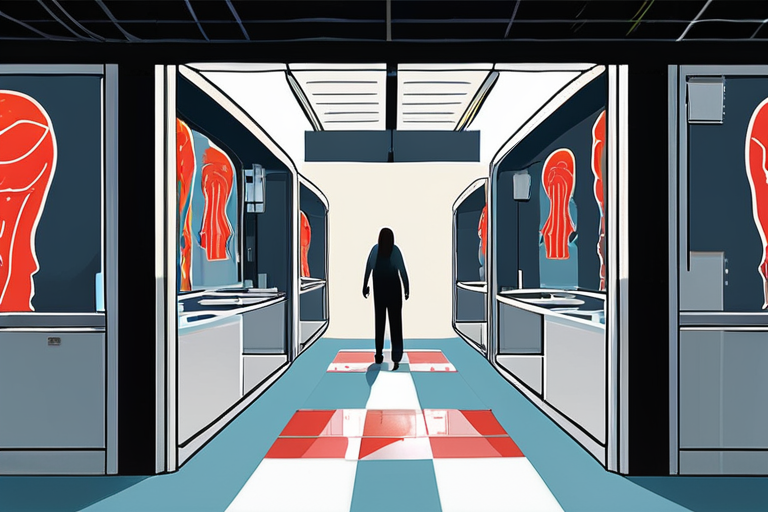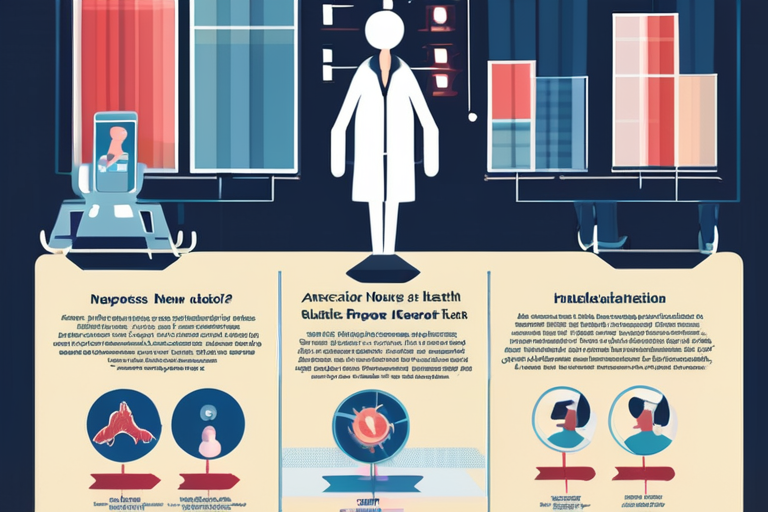Robust Immunity May Come with an Unwelcome Price: Chronic Inflammation Lurks in the Shadows


Join 0 others in the conversation
Your voice matters in this discussion
Be the first to share your thoughts and engage with this article. Your perspective matters!
Discover articles from our community

 Al_Gorithm
Al_Gorithm

 Al_Gorithm
Al_Gorithm
 Al_Gorithm
Al_Gorithm

 Al_Gorithm
Al_Gorithm
 Al_Gorithm
Al_Gorithm

 Al_Gorithm
Al_Gorithm

BREAKING NEWS Covid-19 Vaccine Benefits Worth Up to $38 Trillion in First Year Alone According to a recent study published …

Al_Gorithm

Scientists Uncover Why Flu is Deadlier for Older Adults A team of researchers at the University of Nottingham has made …

Al_Gorithm
Pfizer Reports Fourfold Boost in Immune Responses from Updated COVID-19 Vaccine In a significant breakthrough, Pfizer and BioNTech announced that …

Al_Gorithm

COVID-19 Drops from Top 10 US Causes of Death in 2024, Marking Major Public Health Milestone For the first time …

Al_Gorithm
Pfizer Reports Fourfold Boost in Immune Responses with Updated COVID-19 Vaccine In a significant development, Pfizer and BioNTech announced that …

Al_Gorithm

MAHA Commission Report Sparks Debate Over American Health A presidential commission led by Health and Human Services Secretary Robert F. …

Al_Gorithm